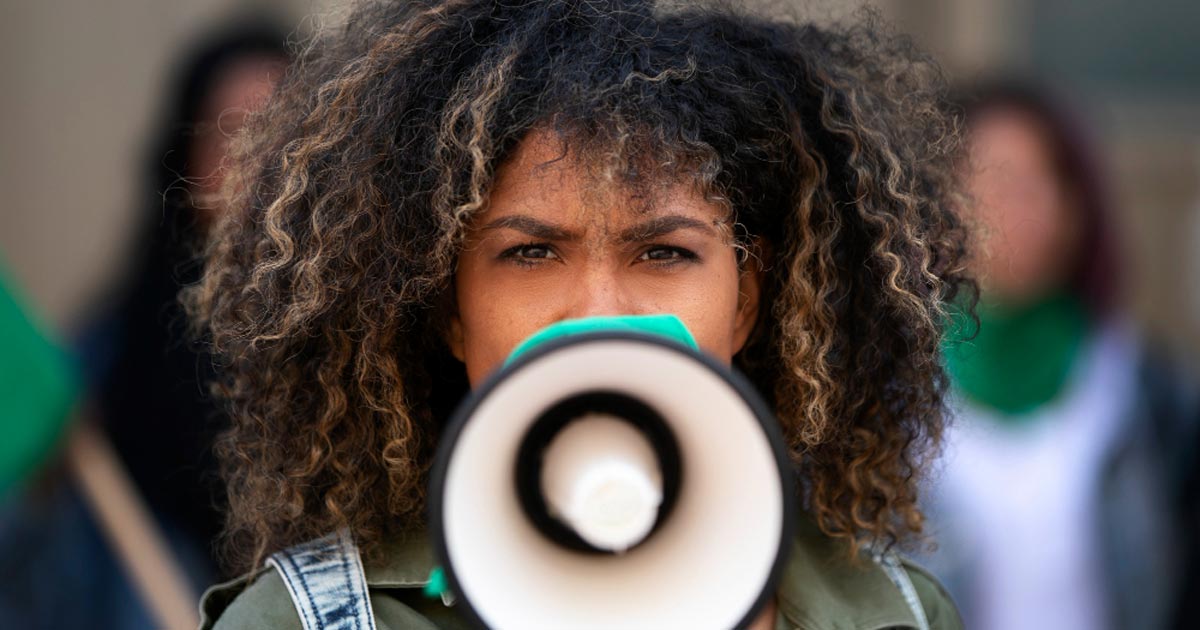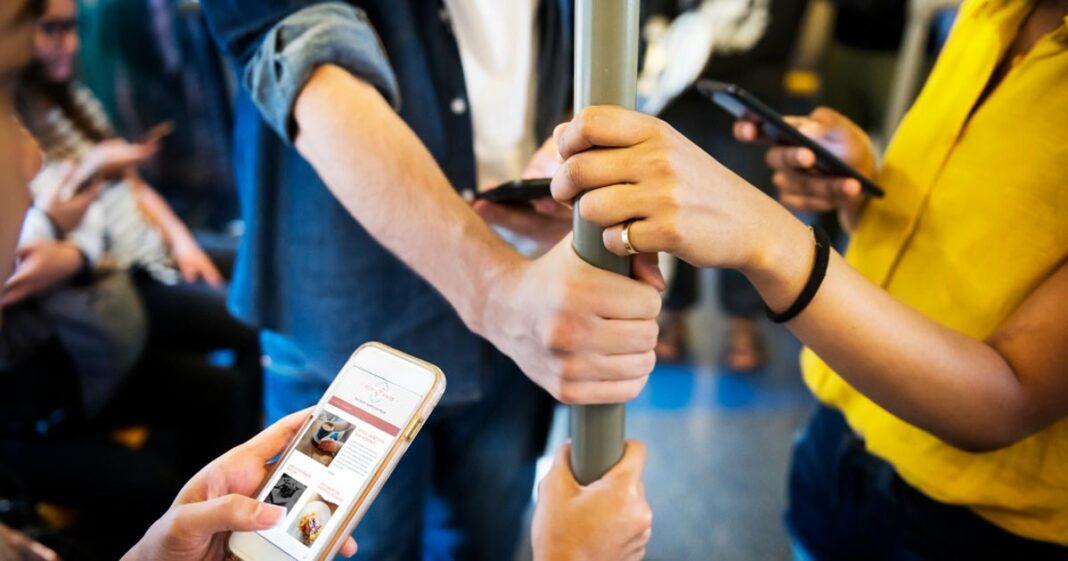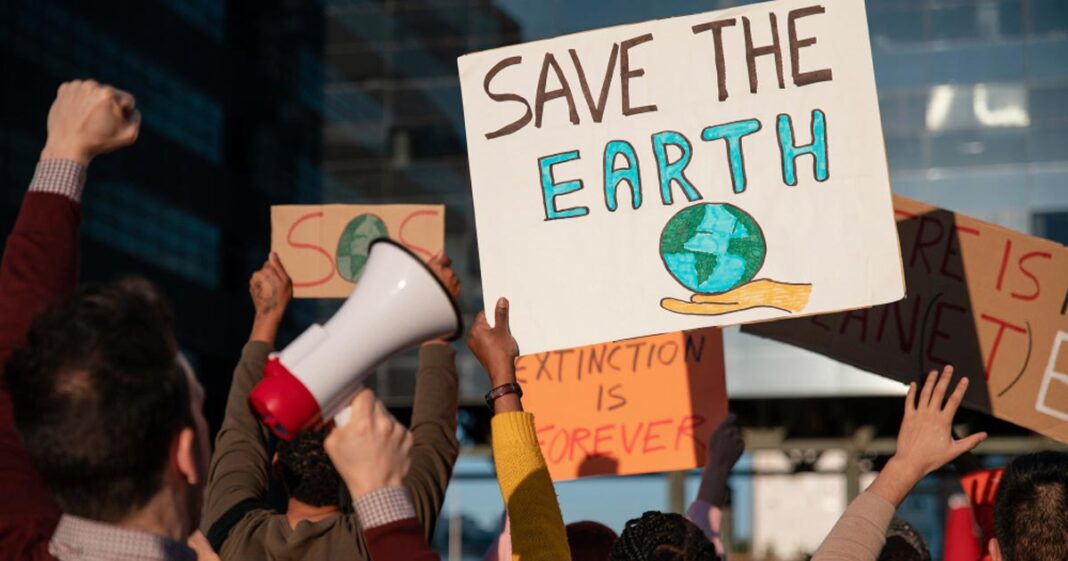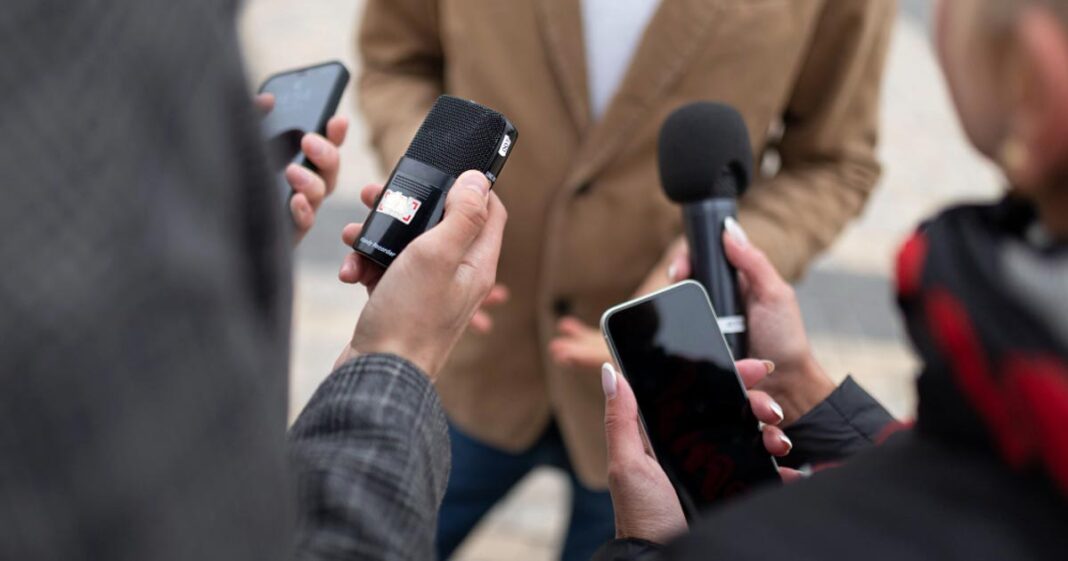
Introduction
Social media has revolutionized political campaigns and elections, transforming how candidates engage with voters, spread their messages, and mobilize support. While it offers significant advantages, such as increased voter engagement and accessibility to information, it also poses risks, including misinformation, manipulation, and lack of regulation. This article explores the role of social media in elections, its benefits and challenges, and the regulatory measures being considered to ensure fair democratic processes.
How Social Media Influences Elections
1. Direct Voter Engagement
Social media allows political candidates to communicate directly with voters, bypassing traditional media gatekeepers. Platforms like Facebook, Twitter, and Instagram provide real-time updates, campaign promises, and policy explanations.
– Example: Barack Obama’s 2008 campaign effectively used Facebook and Twitter to mobilize younger voters, setting a precedent for future digital campaigns.
2. Micro-Targeting and Political Advertising
Political campaigns use data analytics to target specific voter demographics with tailored advertisements. This allows candidates to focus on undecided voters or specific regions where they need more support.
– Example: Donald Trump’s 2016 campaign leveraged Facebook ads and data analytics from Cambridge Analytica to micro-target voters in swing states.
3. Mobilization of Grassroots Movements
Social media enables grassroots political activism, allowing ordinary citizens to organize protests, fundraise, and spread political messages.
– Example: The Arab Spring (2010-2012) saw massive political uprisings coordinated through social media platforms like Twitter and Facebook.
The Risks of Social Media in Elections
1. Misinformation and Fake News
One of the biggest threats of social media in elections is the spread of misinformation. False news stories, manipulated images, and deepfake videos can mislead voters and influence election outcomes.
– Example: In the 2016 U.S. election, fake news articles on social media spread conspiracy theories about candidates, influencing public perception.
2. Foreign Interference
Foreign entities can exploit social media to spread propaganda and influence election results in other countries. Governments and organizations have been accused of using social media bots and fake accounts to manipulate voter opinions.
– Example: Russian interference in the 2016 U.S. presidential election involved coordinated disinformation campaigns on Facebook and Twitter.
3. Algorithmic Bias and Echo Chambers
Social media algorithms prioritize content that aligns with users’ existing beliefs, reinforcing biases and creating echo chambers where opposing views are rarely seen.
– Example: A 2020 study found that Facebook’s algorithm increased polarization by showing users only content that matched their ideological views.
4. Lack of Transparency in Political Ads
Unlike traditional media, where political ads are highly regulated, social media platforms have faced criticism for not adequately disclosing who funds political advertisements.
– Example: In 2019, Twitter banned all political ads, while Facebook introduced an ad transparency tool to disclose political ad sponsors.
Case Studies: Social Media’s Impact on Elections
1. 2016 U.S. Presidential Election
– Social media was heavily used for targeted advertising and spreading political messages.
– Fake news articles gained more traction than real news stories on Facebook.
– Russian-backed bots spread divisive content to influence voter sentiment.
2. India’s 2019 General Election
– Political parties used WhatsApp to directly communicate with voters and spread campaign messages.
– Concerns were raised about misinformation and hate speech being spread through social media networks.
3. Brexit Referendum (2016)
– Social media platforms were used to spread pro-Brexit and anti-EU narratives.
– The role of Cambridge Analytica in influencing voter behavior through targeted data analysis raised ethical concerns.
Regulations and Future Trends in Digital Election Campaigning
1. Stricter Regulations on Political Ads
Governments and tech companies are implementing stricter rules to prevent manipulation and ensure transparency in digital political advertising.
– Example: The European Union introduced laws requiring clear disclosures for online political ads.
2. Fact-Checking Initiatives
Social media platforms are collaborating with fact-checking organizations to curb misinformation and label false content.
– Example: Facebook and Twitter flag misleading political posts and provide fact-checking links.
3. AI and Machine Learning for Content Moderation
Tech companies are investing in AI tools to detect and remove fake accounts, hate speech, and misinformation before they go viral.
– Example: YouTube’s AI-driven moderation system removes thousands of misleading videos related to elections.
Conclusion
Social media has become a powerful tool in modern elections, offering both opportunities and challenges. While it enhances voter engagement and campaign outreach, it also raises concerns about misinformation, foreign interference, and algorithmic bias. Governments and tech companies must work together to create regulations that ensure fair elections while maintaining free speech. The future of political campaigning will likely depend on balancing innovation with ethical responsibility in the digital space.





